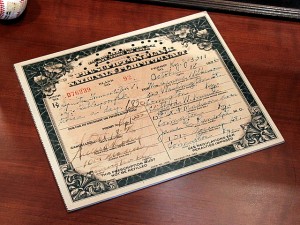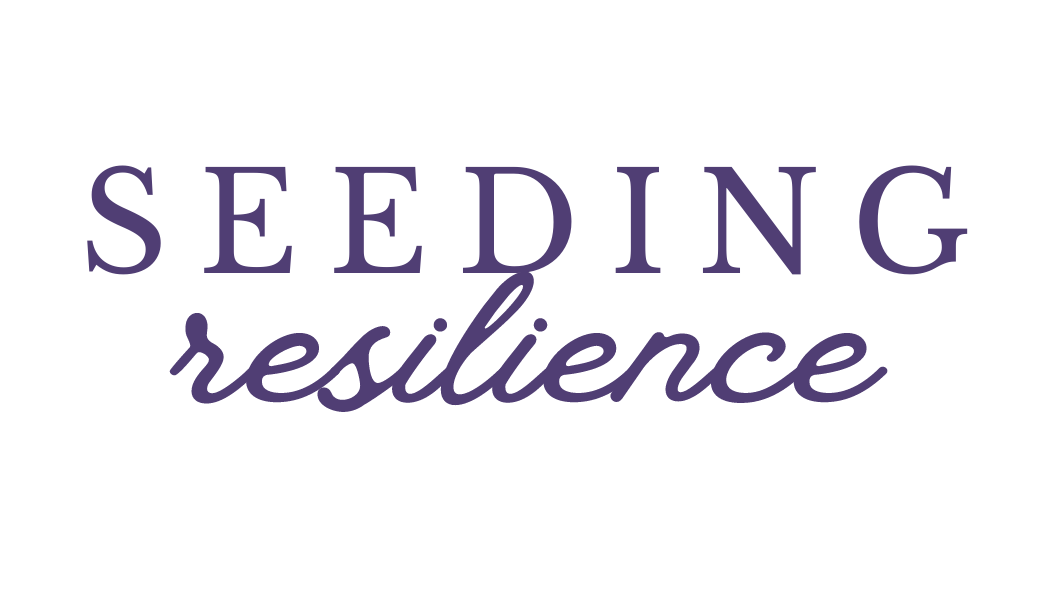 Not long ago, in an era of our country's history rife with stifling regulations, the Women's Christian Temperance Union convinced the US congress to pass the Eighteenth Amendment outlawing alcohol production and sale in 1919.
Not long ago, in an era of our country's history rife with stifling regulations, the Women's Christian Temperance Union convinced the US congress to pass the Eighteenth Amendment outlawing alcohol production and sale in 1919.
Prohibition did little to stop drinking or the "societal ills". A good many righteous individuals drank their way through the time period with such clever techniques as labeling liquor as medicine, opening speakeasies, and brewing up bathtub gin.
And so it was that Franklin Delano Roosevelt successfully campaigned for president in 1932 on a platform that included repealing prohibition. The Twenty First amendment was ratified on this day in 1933. Many economists believe that the increased tax revenue and employment from the repeal of prohibition contributed to drawing America out of the Great Depression.
Cheers, right?
Well, sorta. Though liquor is legally available, it remains a frustrating item to purchase. When we were in bourbon country last month, a part of the state that thrives on tourist money, we could find nary a shop open to sell Kentucky's finest on Sunday. In fact there was nothing open on Sunday before noon, save church.
Did you know that the Jack Daniels distillery is located in a dry county in Tennessee such that you can not even sample their whiskey on site? The acquisition of alcohol is so disparate across state lines that we have 'check local liquor laws' on our pre-travel to-do list.
The making and selling of alcohol products are regulated beyond sanity. The proprietors of Kinkead Ridge, arguably the finest winery in Ohio, are so frustrated with Ohio inspectors and regulations that they have hinted they may move their winery out of state. Artisan distillers MiddleWest Spirits can never say with certainty where their OYO vodka is in stock (other than their own store) because they deliver cases to the state and the state distributes it, not necessarily following customer demand.
God forbid you might want to make your own liquor, say if you have some hard cider you made from local apples that might make a tasty brandy. It's flat out illegal to distill spirits for personal use according to the Alcohol and Tobacco Tax and Trade Bureau. And we would never do anything illegal.
In sum, I'm thankful for those who fought the good fight to restore legal alcohol consumption to Americans on this day 77 years ago. But I hesitate to celebrate when regulations still exist that hamstring businesses and constrain my ability to provide for myself that which generations have drunk before me.
